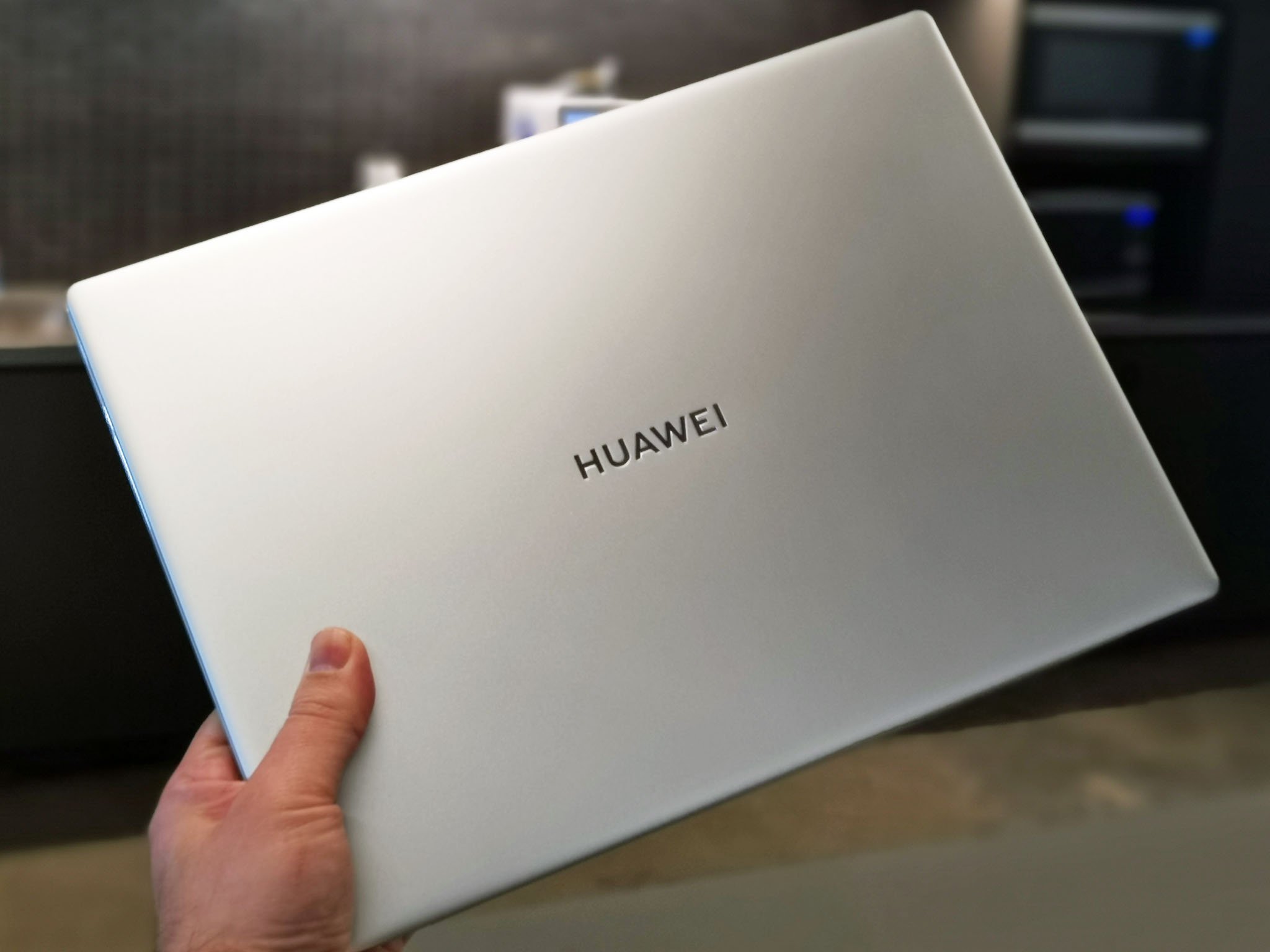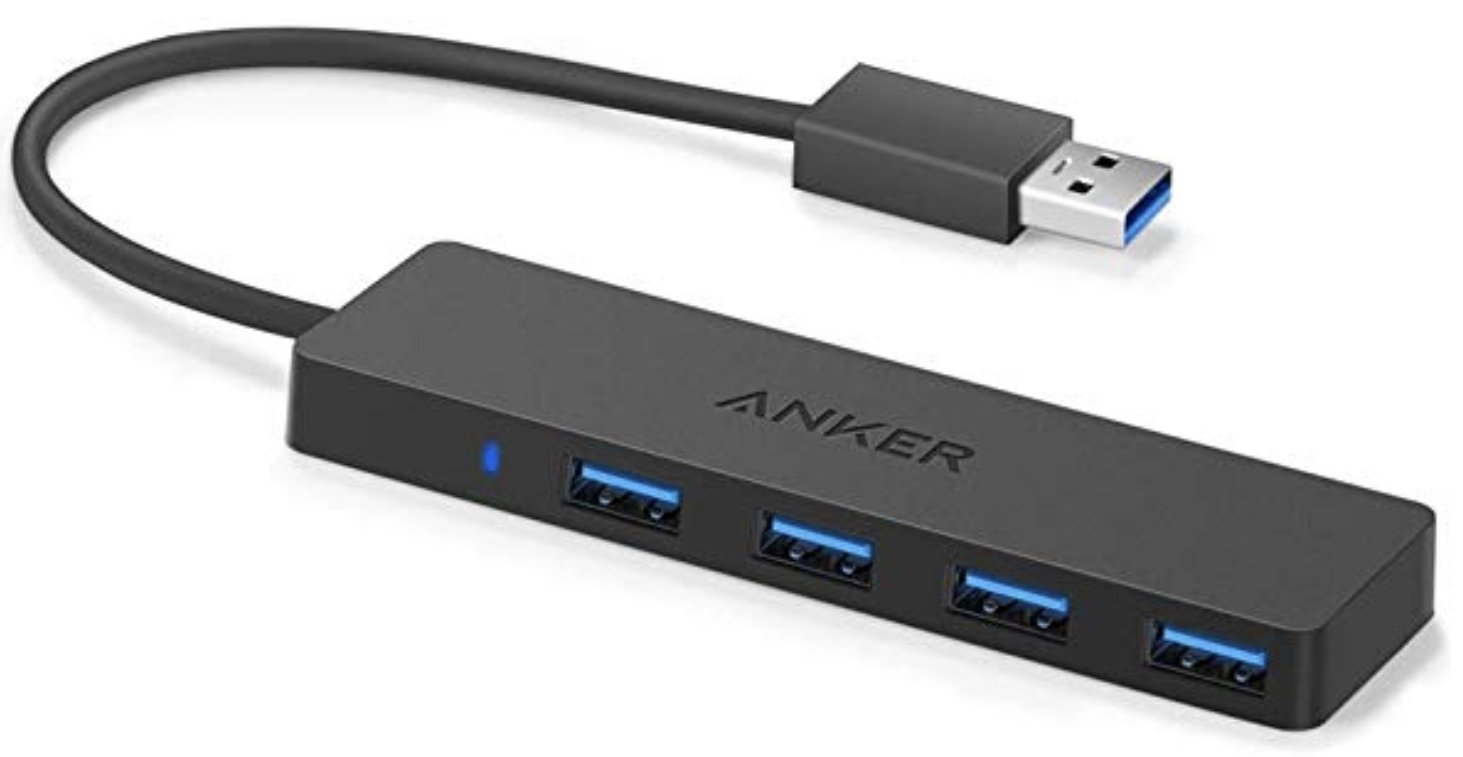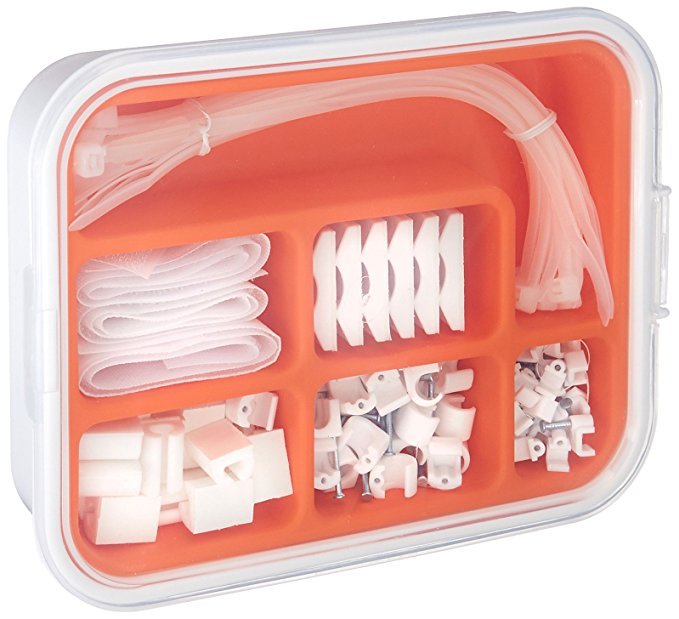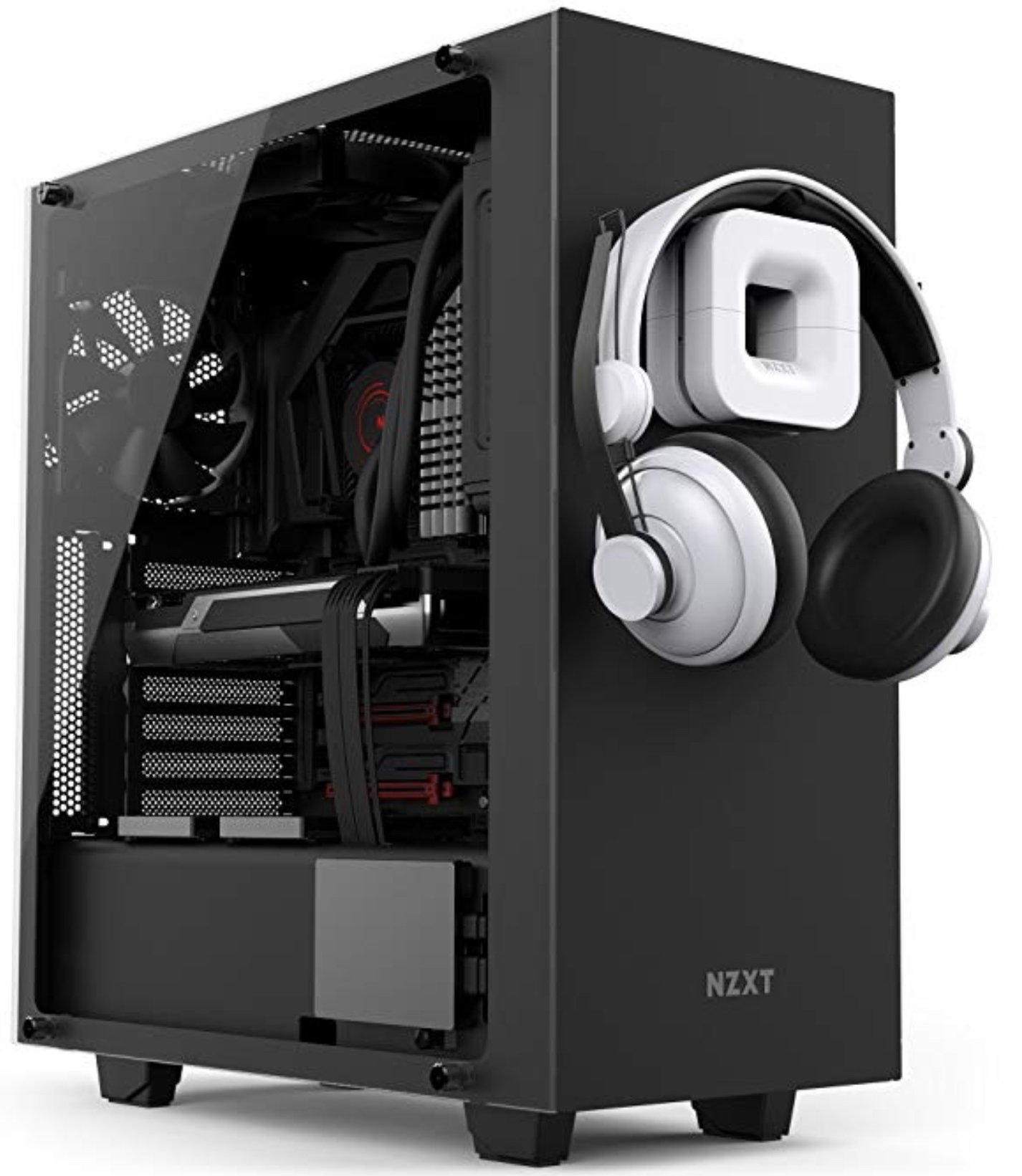U.S. chipmakers are using a legal loophole to get around Trump's Huawei ban
Intel and Micron are still selling to Huawei but have declined to comment on the report.

All the latest news, reviews, and guides for Windows and Xbox diehards.
You are now subscribed
Your newsletter sign-up was successful
What you need to know
- In spite of a trade ban by the Trump administration, a few U.S. companies resumed selling components to Huawei three weeks ago.
- Component sales to Huawei have reportedly totaled hundreds of millions of dollars in just three weeks.
- The companies are "lawfully" getting around the Trump ban by not labeling the components as American-made.
U.S. chipmakers are continuing to sell products to Chinese smartphone and telecommunications equipment maker Huawei, despite a ban issued by the Trump administration last month, according to a new report from The New York Times.
Citing four people with knowledge of the sales, the report says U.S. chipmakers such as Intel and Micron have found a way to get around the trade ban by not labeling the products as American-made. Goods that are produced overseas by American companies are usually not considered to be American-made. The companies began shipping components to Huawei about three weeks back and will help the Chinese company to continue selling its products such as smartphones and servers.
Since a complete sales ban of components to Huawei is expected to come into effect after mid-August, it is possible that a certain percentage of the components shipped to Huawei could be for use in the company's future products. According to estimates, U.S. chipmakers have sold components worth hundreds of millions of dollars to Huawei already.
Micron CEO Sanjay Mehrotra had mentioned during an earnings call on Tuesday afternoon that the company had ceased shipments to Huawei after it was put on the Entity List by the Commerce Department. However, Micron resumed sales two weeks ago after it reviewed the entity list rules and "determined that we could lawfully resume" shipping a few products.
The Trump administration, claims the report, has been aware of the sales but most officials are unsure about how they should respond. "As we have discussed with the U.S. government, it is now clear some items may be supplied to Huawei consistent with the entity list and applicable regulations," wrote John Neuffer, president of the Semiconductor Industry Association in a statement on Friday.
Each company is impacted differently based on their specific products and supply chains, and each company must evaluate how best to conduct its business and remain in compliance.
Cheap PC accessories we love
Take a gander at these awesome PC accessories, all of which will enhance your Windows experience.

Anker 4 port USB 3.0 hub ($10 at Amazon)
All the latest news, reviews, and guides for Windows and Xbox diehards.
Whether on a desktop or laptop PC, you always need more ports to connect things to. This hub gives you an additional four USB 3.0 Type A ports.

Ikea Fixa Cable Management System ($11 at Amazon)
This IKEA cable management kit is your ticket to a clean setup. It's simple and functional.

NZXT Puck ($20 at Amazon)
This clever little accessory has powerful magnets on the rear to make it stick to any of the metal panels on your PC case or anything else. It's great for hanging accessories like headsets.

Babu is a Former Contributor for Windows Central.
